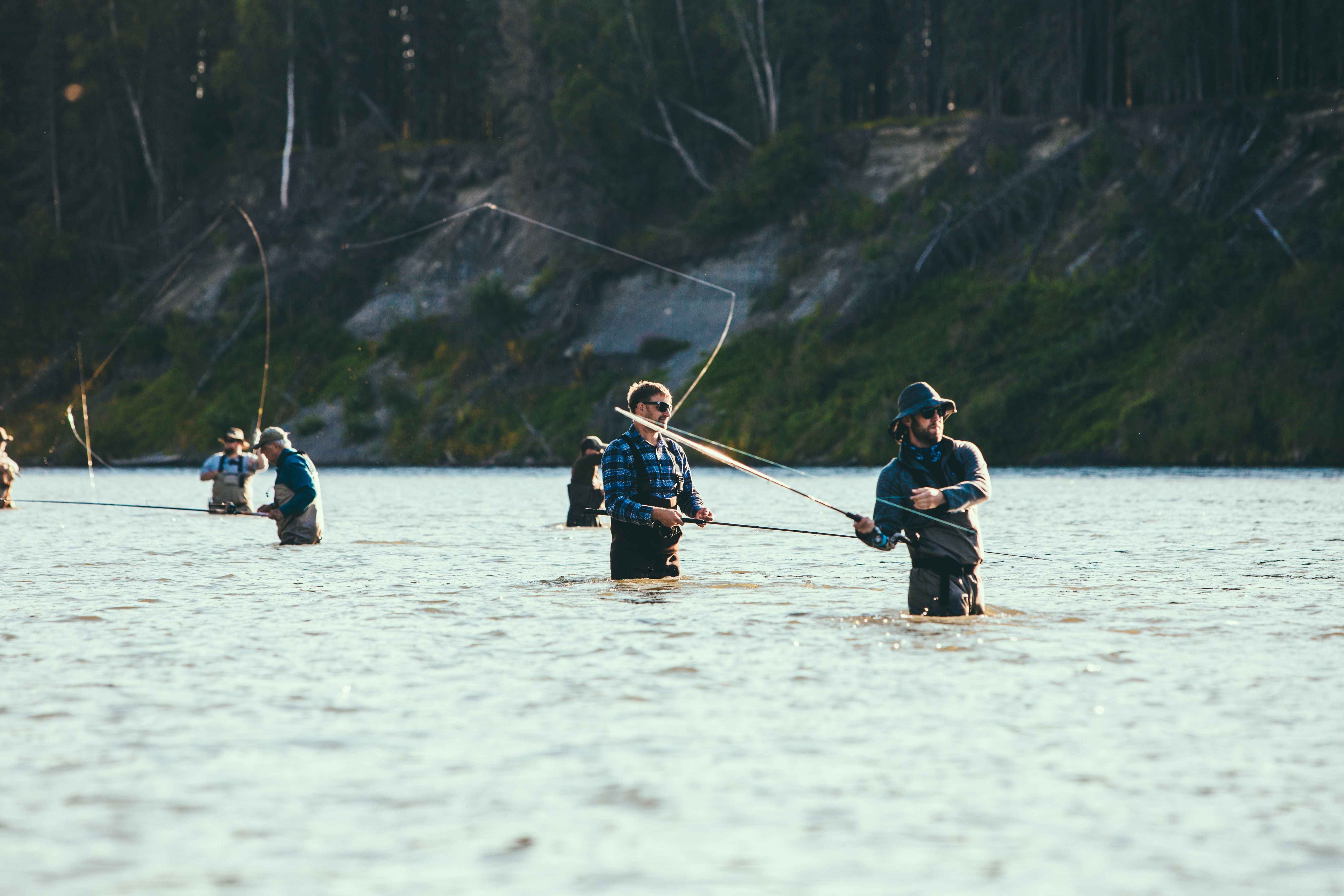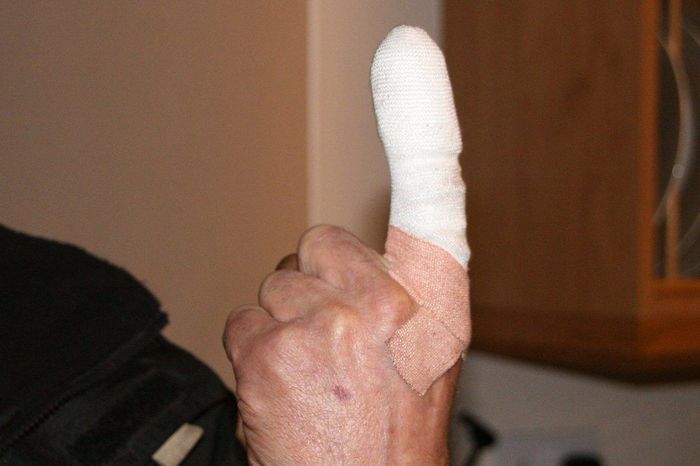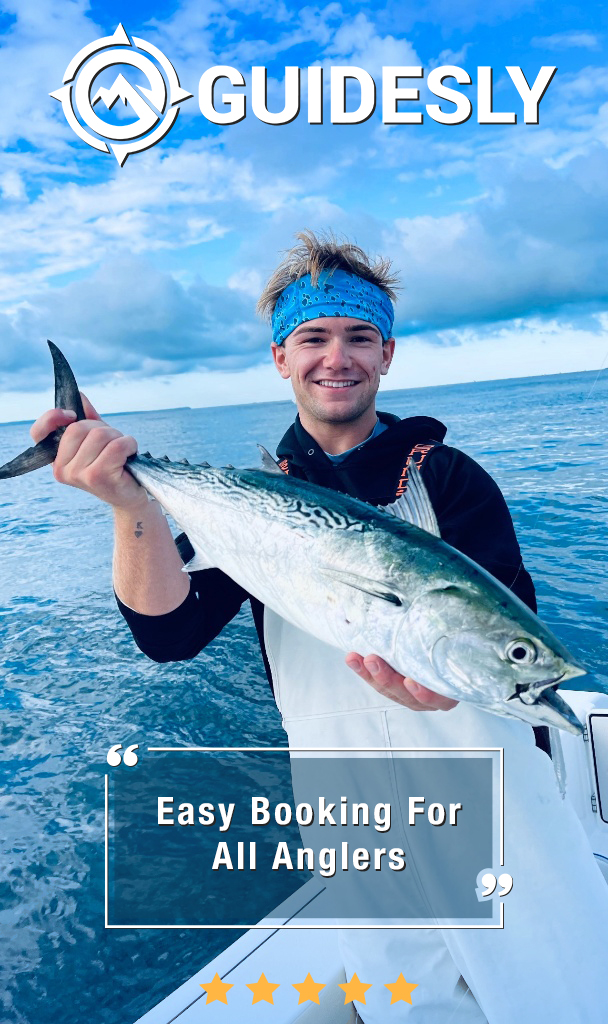How to Fix Common Fishing Injuries
Know how to fix common fishing injuries with these practical tips especially in areas when help is not readily available.

Fishing is an activity that a lot of people enjoy because it is relaxing, or meditative even for some. When we think about someone fishing, we think about a person sitting quietly in his boat waiting for a catch. While it is unthinkable to get injured this way, minor accidents can still happen. Sometimes, anglers also underestimate the damage that can be caused by something as simple as a bad posture, which often leads to shoulder pain and musculoskeletal injury. Being in a boat for many hours compromises the shoulders, lower back, knees, and hands that is why it is important to pay attention to your position while fishing to avoid injuries.
A lot of things can happen during a fishing trip. Whether you’re angling for pleasure or competition, it is important to know how to deal with fishing injuries. Aid may not always be available especially if you are in a remote location.
Below are some common injuries and tips on how to care for them.

Common Fishing Injuries and Their Remedies

1.Overuse Injury
This is a common injury for anglers, especially those who do fly fishing. It requires repetitive, rhythmic movements that may cause rotator cuffs, wrist, and elbow injuries. The repetitive motion of swinging to cast may cause pain. You can initially treat an overuse injury with an ice pack for minor pains, but you have to cut back on the activity to prevent further damage to your joints, muscles, and bones. The best way to avoid having sore joints and muscles is to stretch before and after you fish. Taking a breather is also highly recommended.
2. Getting Hooked
This is probably one of the most feared injuries in fishing. If you get hooked, the first thing to do is to stabilize the hook to prevent having further injuries. Try to pull back the hook, then you can either bend the barb to slide it out or use pliers to remove the embedded hook. If the hook is too hard to remove, then it’s best to seek a doctor’s help. Also, avoid placing hooks next to you and always place them in a container to prevent accidents.
3. Fish Bites
You can't always avoid getting bitten by fish just like the sought-after gamefish king mackerel known for its speed, or conversely, the elusive bluefin tuna. A fish bite is a common injury even among experienced anglers, but this should not be taken lightly because ocean bacteria are potentially dangerous. If you get bitten, you should immediately clean the wounds gently with soap and fresh tap water to remove any foreign material, then wrap it with only sterile bandages. Watch out for signs of infection such as pus, foul odor, fever, and red streaks. If these occur, see a doctor immediately.
4. Stings and Spine Punctures
Some species use their spines and inject venom to protect themselves. Knowing where the stinger or spines are located will help you have an idea of how better to handle a fish. For example, you don’t want to hold a tripletail by its razor-sharp gills or the starry ray on the shoulders because of its large thorns. If you do get stung by these fish, immediately remove the stingers with tweezers. Soak the wound in hot water to relieve the pain and continue to do this for 30 to 90 minutes. Studies show that heat therapy can deactivate venom and therefore minimize pain. Seek a specialist to treat any form of toxicity or infection.
While it is essential for anglers to know the best treatment for these common injuries, it is equally important for them to follow best practices to avoid having these injuries in the future.

● Give Space – Always give anglers some space so no one standing nearby gets hit by the hook. It is advisable to make space of at least 10 meters.
● Always Look - Remember to look at your sides and behind you before you cast.
● Always Bring Med Kits with You – As we said, it’s always best to be prepared in case you get injured. Consider this an essential when going out on a fishing trip.
● Be Organized – Always place your fishing tackle inside proper containers. This will not only save you from injuries but will also save you time from looking for lines, hooks, sinkers, floaters, and others.
Saving the Fish
Your fish deserve to be treated well, too. Here are a few things to keep in mind.
- Remember to put your fish in a good container. It makes it more tolerable for the fish, and this will also help maintain its freshness.
- Avoid hooking the fish by its gills or gut. Fish that are gut hooked or hooked by the gills have fewer chances of surviving. To avoid gut hooking, you can use circle hooks, which drastically lessens gut hooks. It’s also more difficult to remove wide gap hooks, j hooks, and even octopus hooks.
- To remove gut hooks, pinch the barb or grab the hook point with pliers. Gently rotate the hook out once you have a firm grip. Avoid grabbing the line-knot as the barb is what makes dehooking difficult. Gently pull the hook until you’ve removed it. You can also use a fish hook extractor. This will not only make it easier for you to remove the hooks but will also help protect your hands.
- To lessen the stress for the fish, keep the fish in the water for 30 seconds to a minute before you weigh them.
- If you think the fish will not survive, it's best to keep it as long as it is legal, within trophy size, and under the limit.
- Most important of all, fish responsibly.
Saving the Fish
- Your fish deserve to be treated well, too. Here are a few things to keep in mind.
- Remember to put your fish in a good container. Not only does this makes it more tolerable for the fish, but this will also help maintain its freshness.
- Avoid hooking the fish by its gills or gut. Fish that are gut hooked or hooked by the gills have fewer chances of surviving. To avoid gut hooking, you can use circle hooks which drastically lessens gut hooks. It’s also more difficult to remove wide gap hooks, j hooks, and even octopus hooks.
- To remove gut hooks, pinch the barb or grab the hook point with pliers. Gently rotate the hook out once you have a firm grip. Avoid grabbing the line-knot as the barb is what makes dehooking difficult. Gently pull the hook until you’ve removed it. You can also use a fish hook extractor, this will not only make it easier for you to remove the hooks but will also help protect your hands.
- To lessen the stress for the fish, keep the fish in the water for 30 seconds to a minute before you weigh them.
- If you feel like the fish will not survive, it's best to keep it as long as it is legal, within trophy size, and under the limit.
- Most important of all, fish responsibly.



